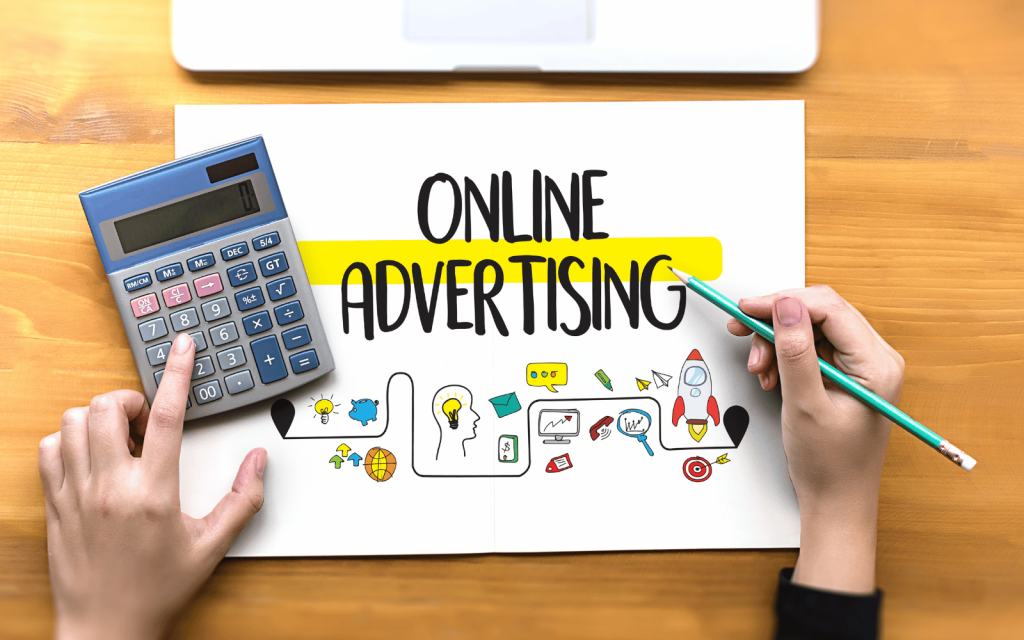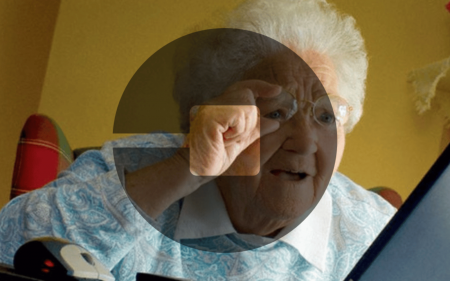Towards the end of last year, a major bank gave each lunch guest a bag of presents made in South Africa bearing the label “buy local”.
It would be wonderful if that applied to more of the South African economy. The label suggests that consumers should buy from a local greengrocer or retailer — and imagine if we used only local digital services. But while the operating costs of these services benefit the economy, the profits go into a bank account in Ireland, where most US tech firms are based because of its lax corporate tax regulations.
The media plays a vital role in democracy, but, globally and in South Africa, the media is dying. This is caused in no small part by the growth of programmatic advertising, an automated form of placing adverts on publishers’ websites. It has drained the media of its financial lifeblood.
Google is being sued by the US government for its monopolistic practices and the way it has quashed competition.
In one case, in 2007, it paid $3.1 billion for DoubleClick — which had a 60% market share in serving advertising — and advertising exchange AdX. The US government said this combination “tilted the industry in Google’s favour”. It said that “having inserted itself into all aspects of the digital advertising marketplace, Google has used anticompetitive, exclusionary, and unlawful means to eliminate or severely diminish any threat to its dominance over digital advertising technologies”.
A survey by a Swiss media organisation has found that Google makes as much as 40% of its revenue from media content, or “approximately $176 million per year in Switzerland alone,” according to Courtney Radsch, the director of the Centre for Journalism & Liberty and a fellow at the UCLA Institute for Technology, Law & Policy.
“The value of news is far higher than policymakers or publishers think it is, at least on Google search, which accounts for the majority of Google’s $280 billion annual revenue,” says Radsch.
Read More: ‘Hallucinate’ was the perfect word for 2023
Programmatic advertising is the new opiate of the marketing masses. Media planners have relied on programmatic advertising, which Facebook’s owner Meta also uses, and have long believed metrics and promises that have been proved repeatedly not to be correct.
Facebook overstated its video views by 900%, according to a 2018 US government lawsuit. Worse, it knew for a year that these figures were wrong, but didn’t warn advertisers for that length of time, The Wall Street Journal reported then.
Scott Galloway, a professor at New York University, who has labelled Meta CEO Mark Zuckerberg a “sociopath” and “the biggest oligarch in history”, said in 2020: “He has control of the content that over 2.1 billion people see. He cannot be removed from office … The most powerful, dangerous person in the world is ‘the Zuck’.”
Writer Bob Hoffman, a critic of how the US advertising industry has fallen for programmatic advertising’s problems, told me last year: “I don’t believe a word that comes out of Facebook. Facebook metrics have been shown to be completely unreliable. Anyone who believes them is an idiot.”
That’s if anyone reads the programmatic adverts.
Former CEO of ad agency BBDO Cape Town, and co-founder of digital agency Gloo, Nicholas Bednall told me that programmatic advertising’s “metrics have been proved to be inflated, misrepresented and false. The US Association of National Advertisers estimates that 70% of programmatic media spend is unseen.”
Meanwhile, at least 20% of global digital advertising is fraudulent, Prof Roberto Cavazos of the University of Baltimore told me. “For 2020, across the various platforms, our fraud estimates are conservatively $28 billion. Potentially, it could be upwards of $50 billion.”
Read More: Tech trends for 2024: Big Tech’s big breakup is coming
Imagine if the big banks and other South African companies decided to buy local. Imagine what an economic windfall it would be for the media companies of this country.
There is a good reason for this privacy-destroying industry being called surveillance capitalism.
Every cent spent on programmatic advertising, which a human might not even see, is not spent on the Fourth Estate. The media’s content, if we use the Swiss example, could be responsible for up to 40% of Google’s South Africa search results — if anyone did a survey.
Canada is an inspiration. It passed a law requiring Google to pay C$100 million to that country’s news industry. It was “to properly support journalists, including local journalism,” said Canadian Prime Minister Justin Trudeau.
South Africa needs to rebuild the media and find new business models (many people decry the death of the media but won’t pay a monthly subscription to read it) before the Fourth Estate dies.
- This column first appeared in the Financial Mail.





1 Comment
Yeah but it be cleaned via the use of Third party analytics vendors .
We ( Truthsetsonline.com ) currently deploy Fou Analytics to sanitize the Digital buy , especially programmatic . We have managed to optimise certain clients buys by up to 40% per annum . Lets chat !!